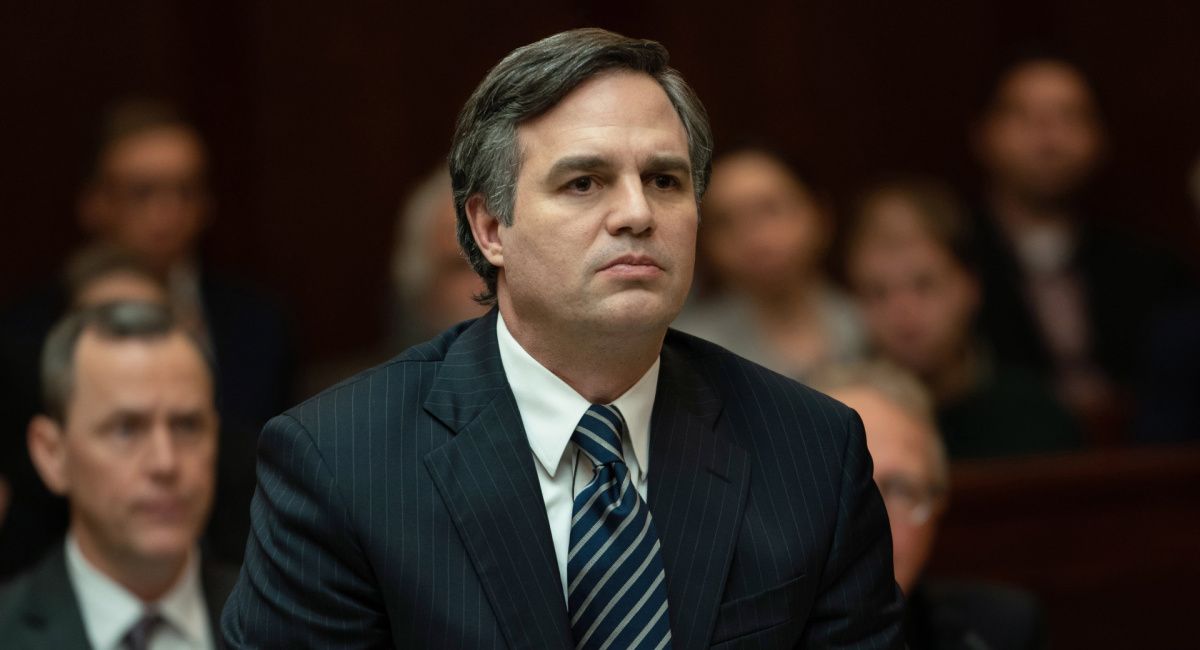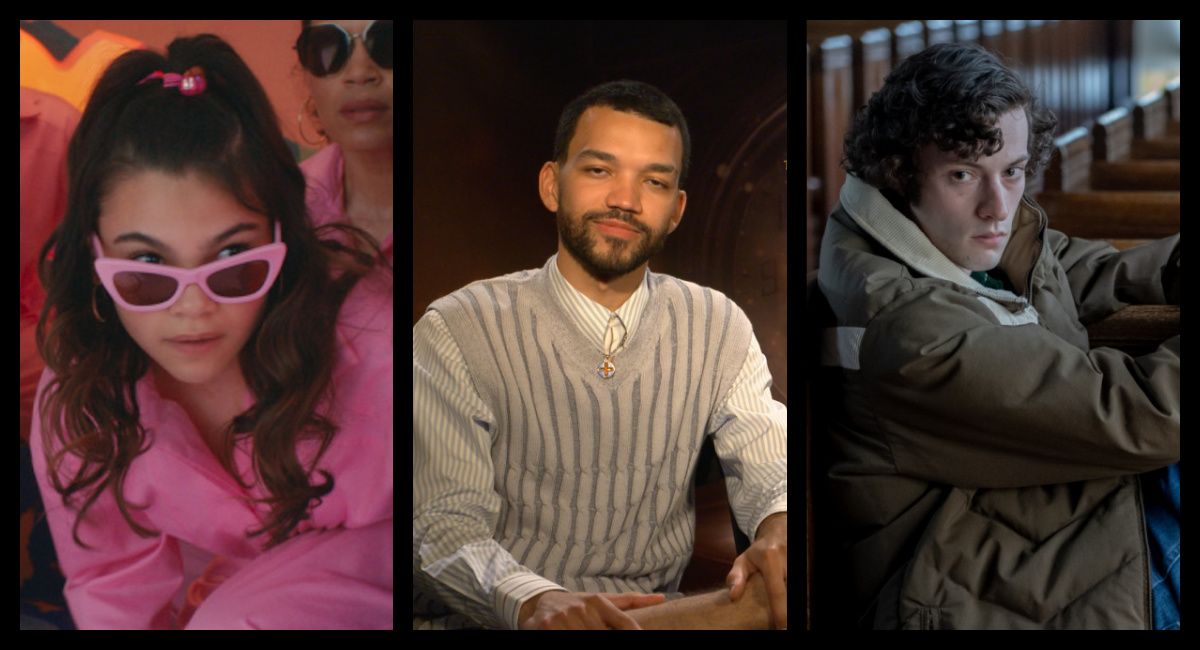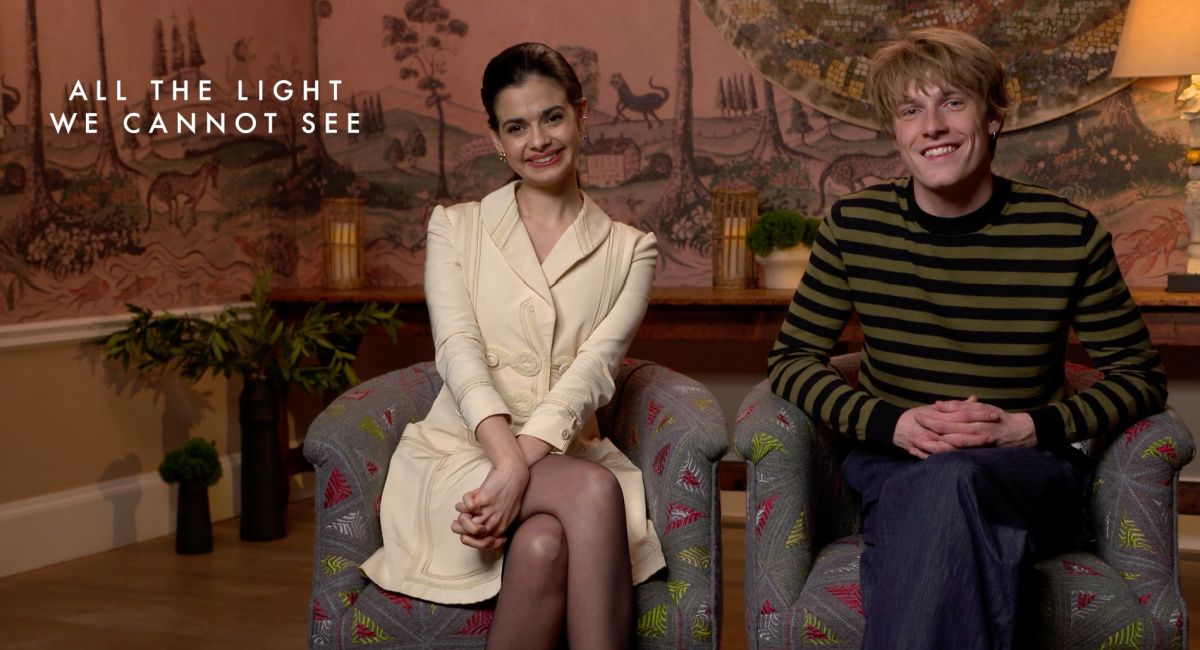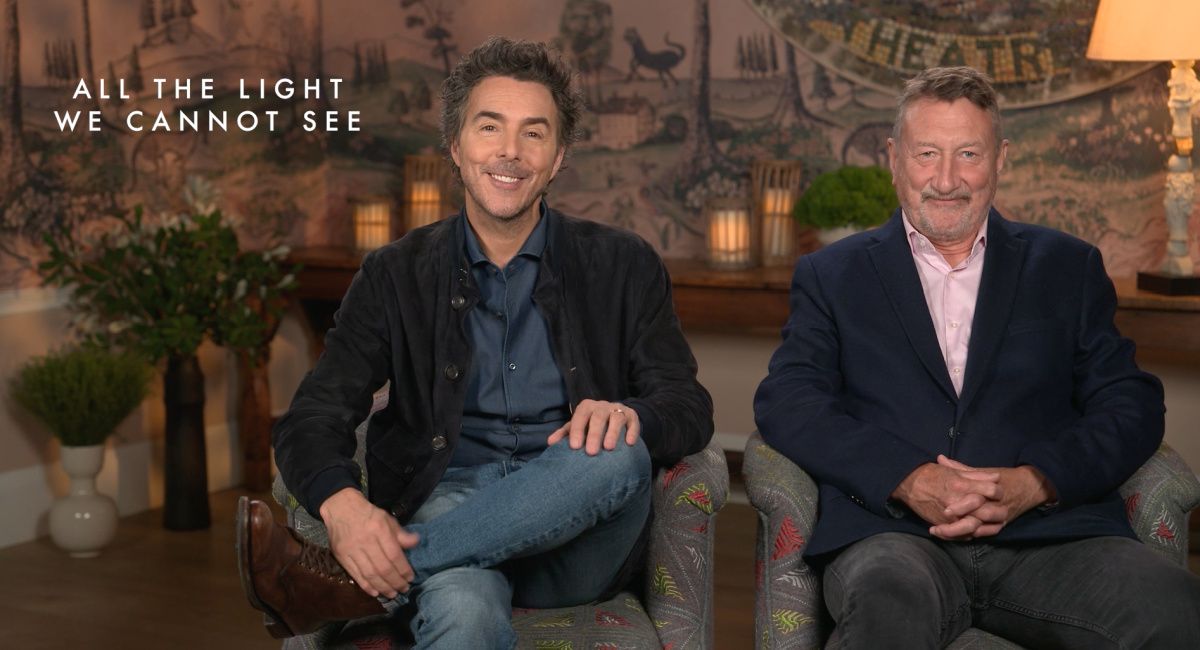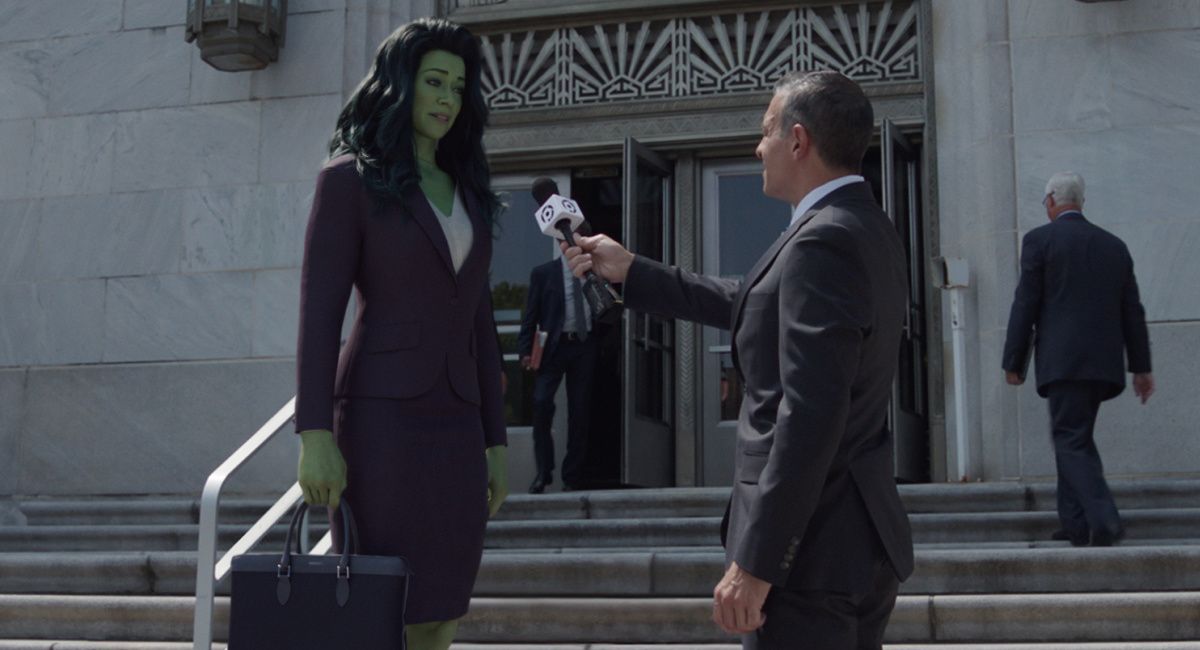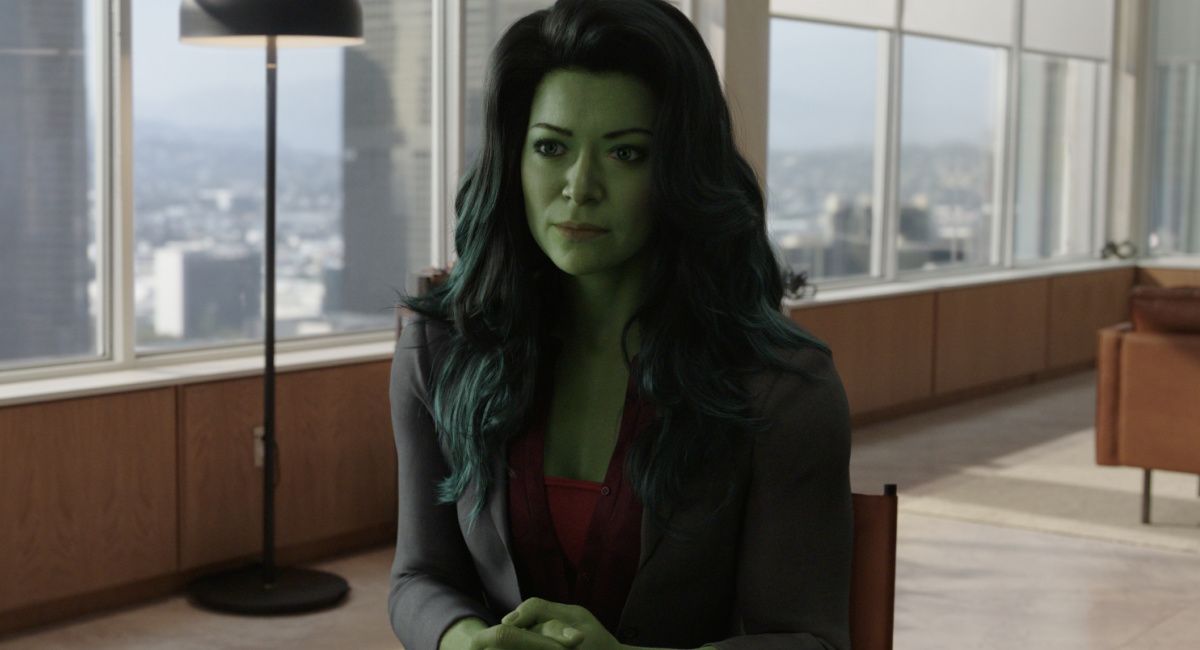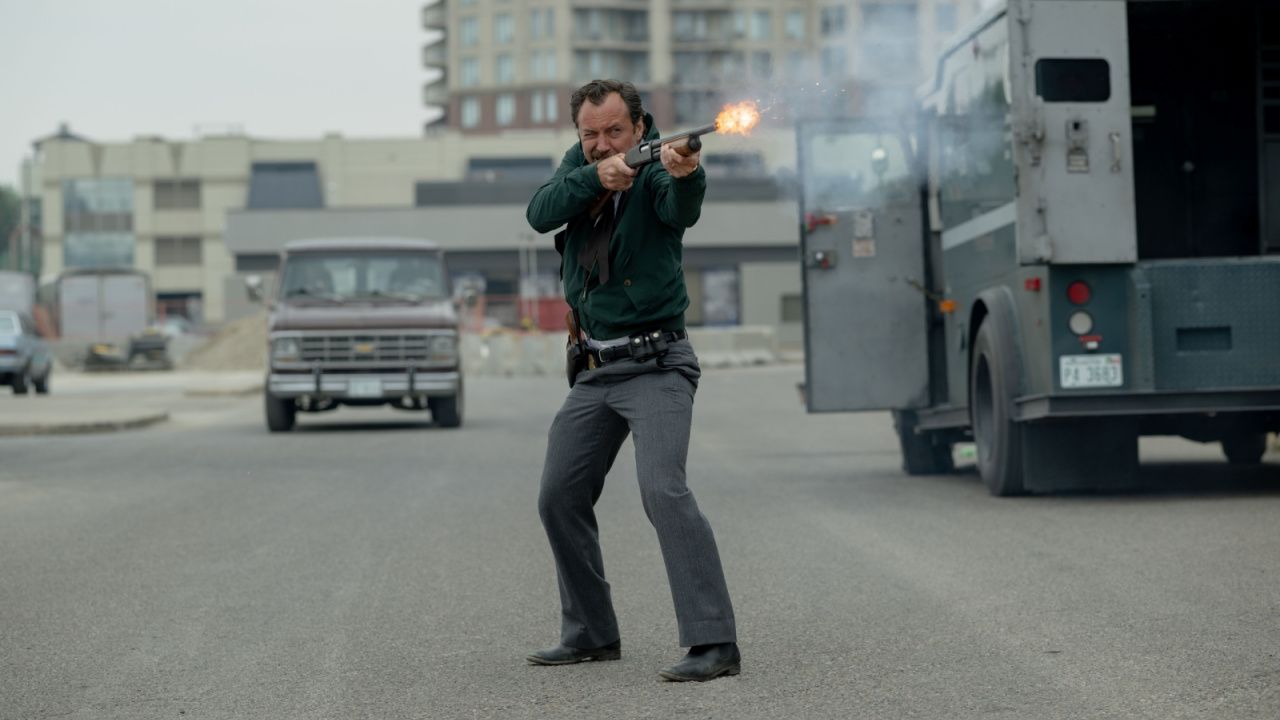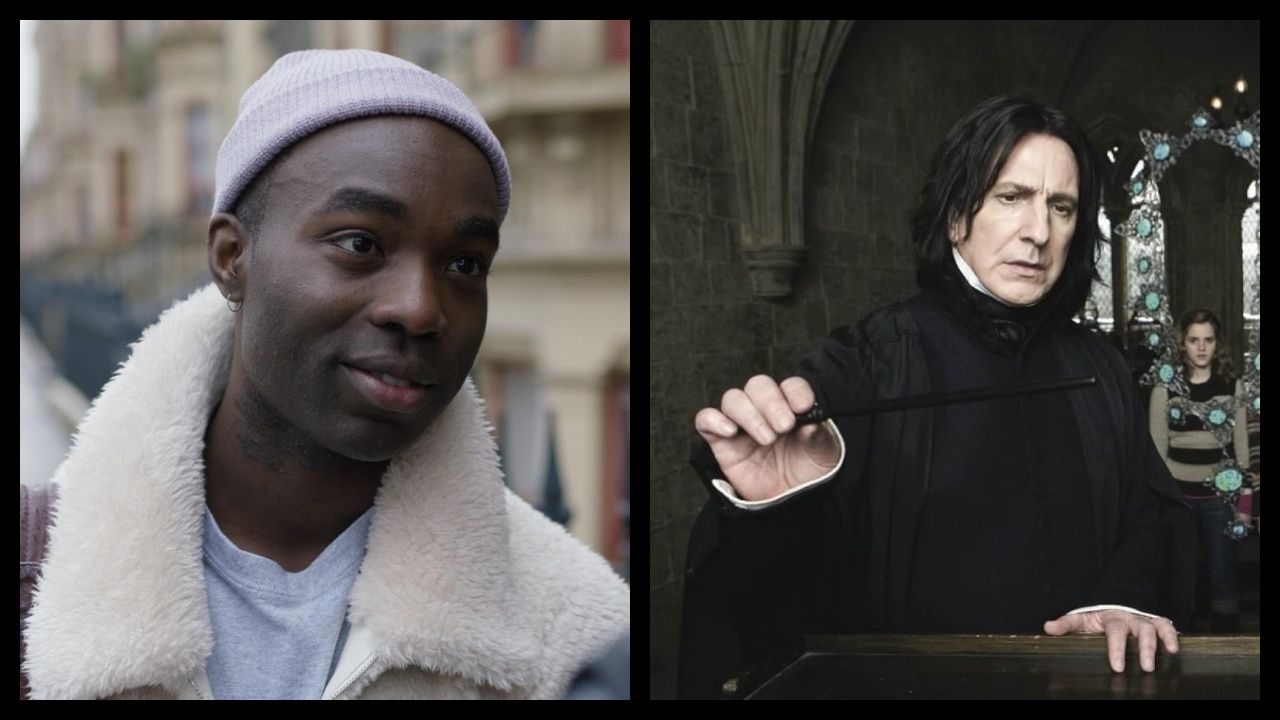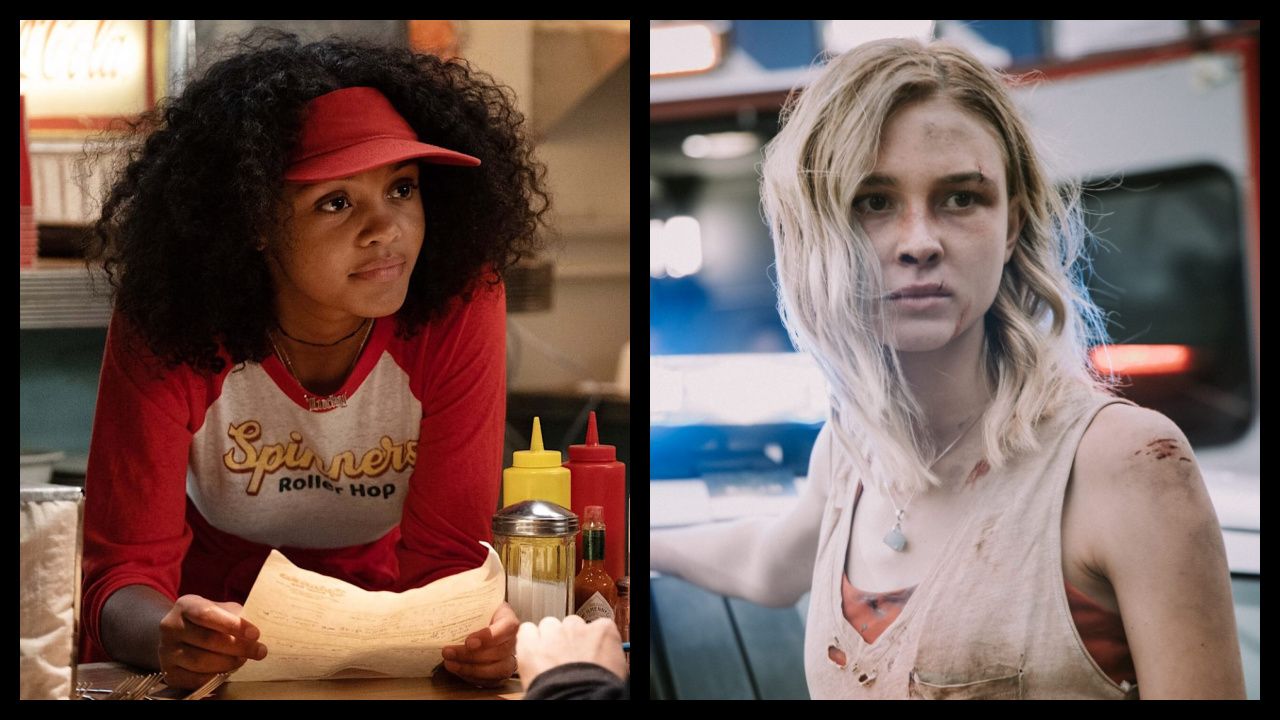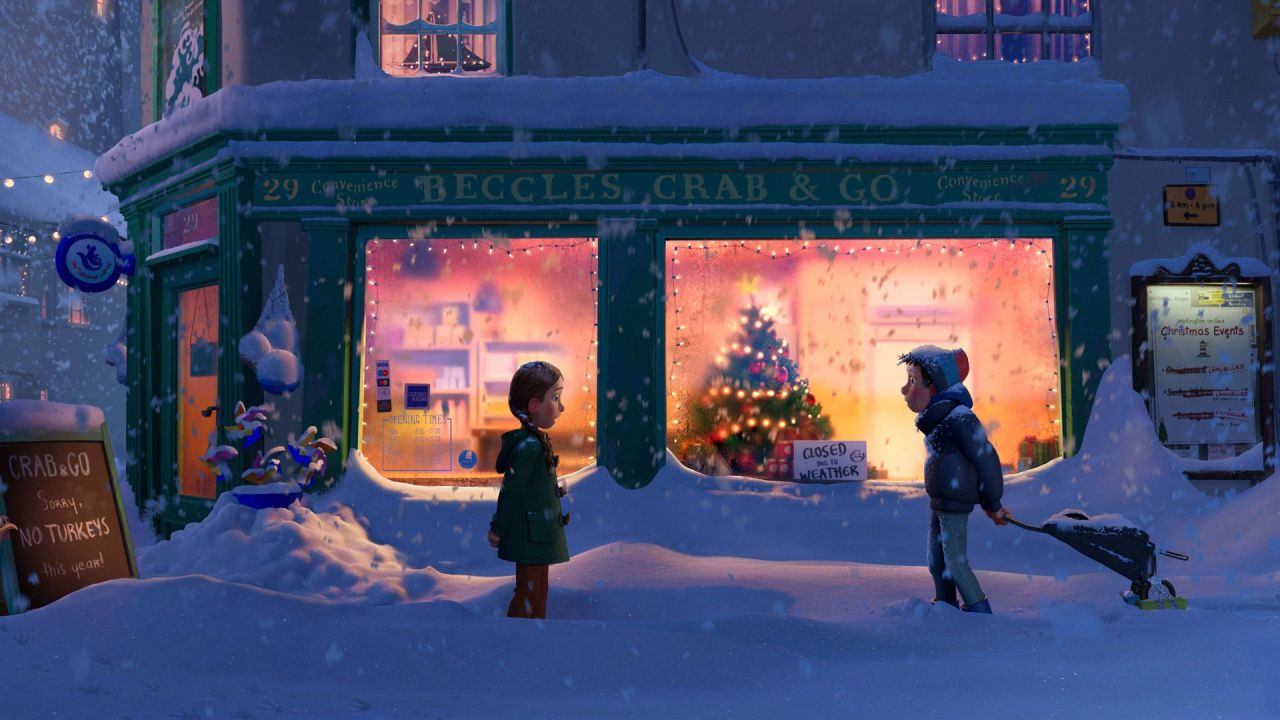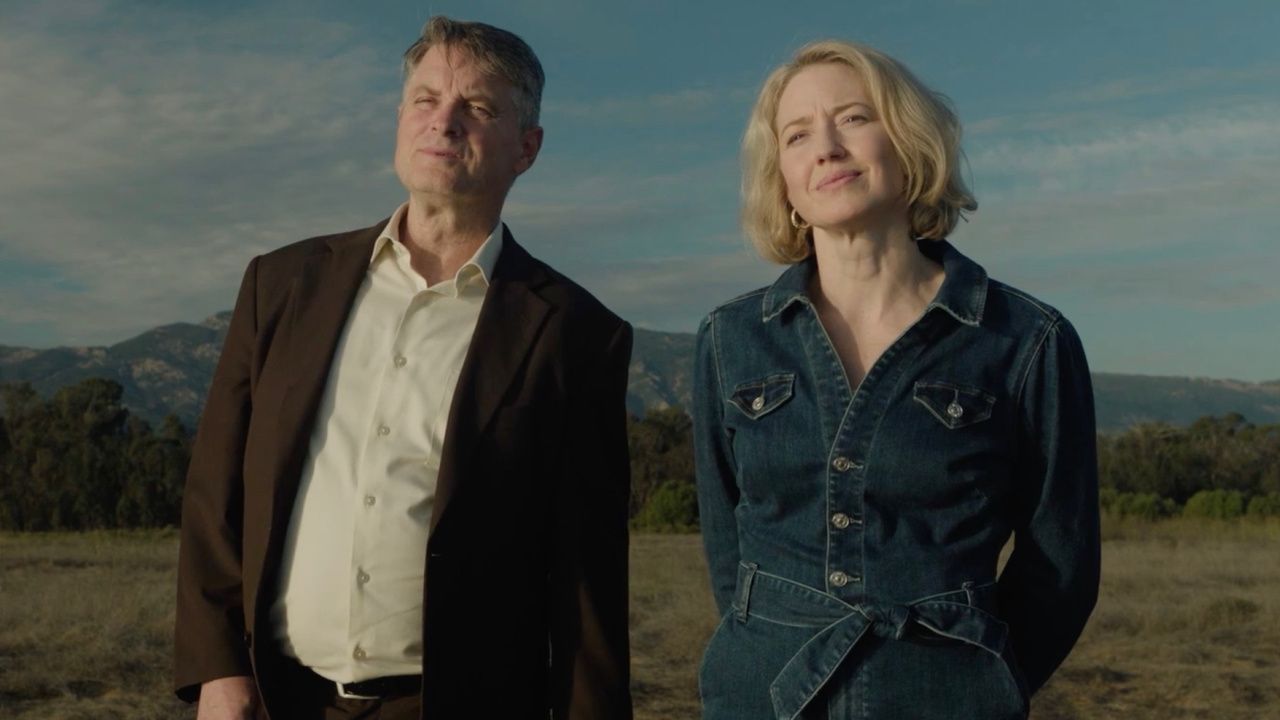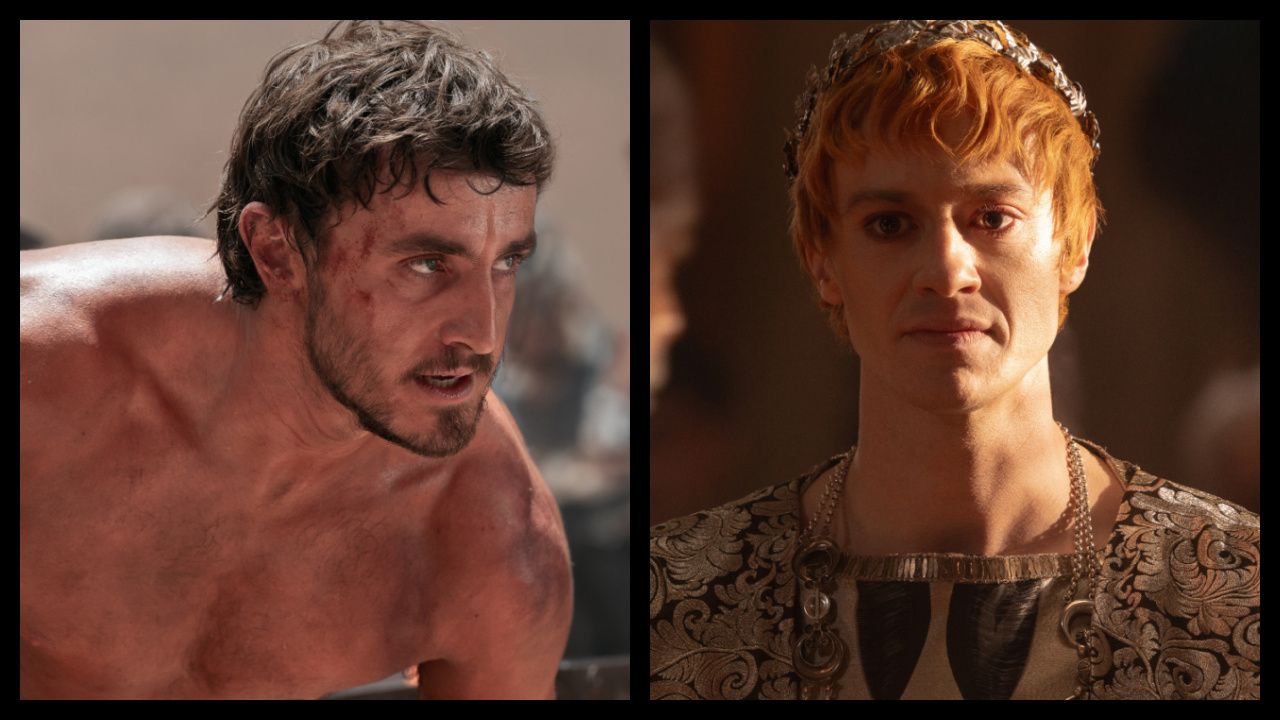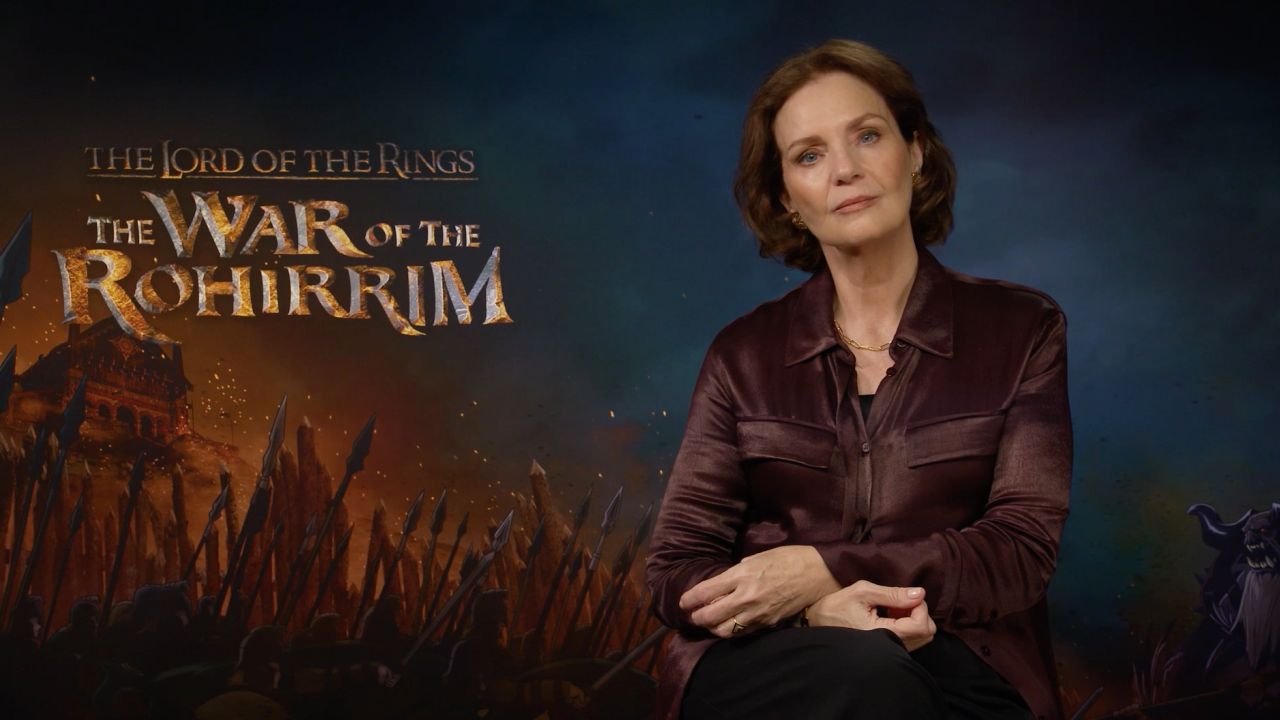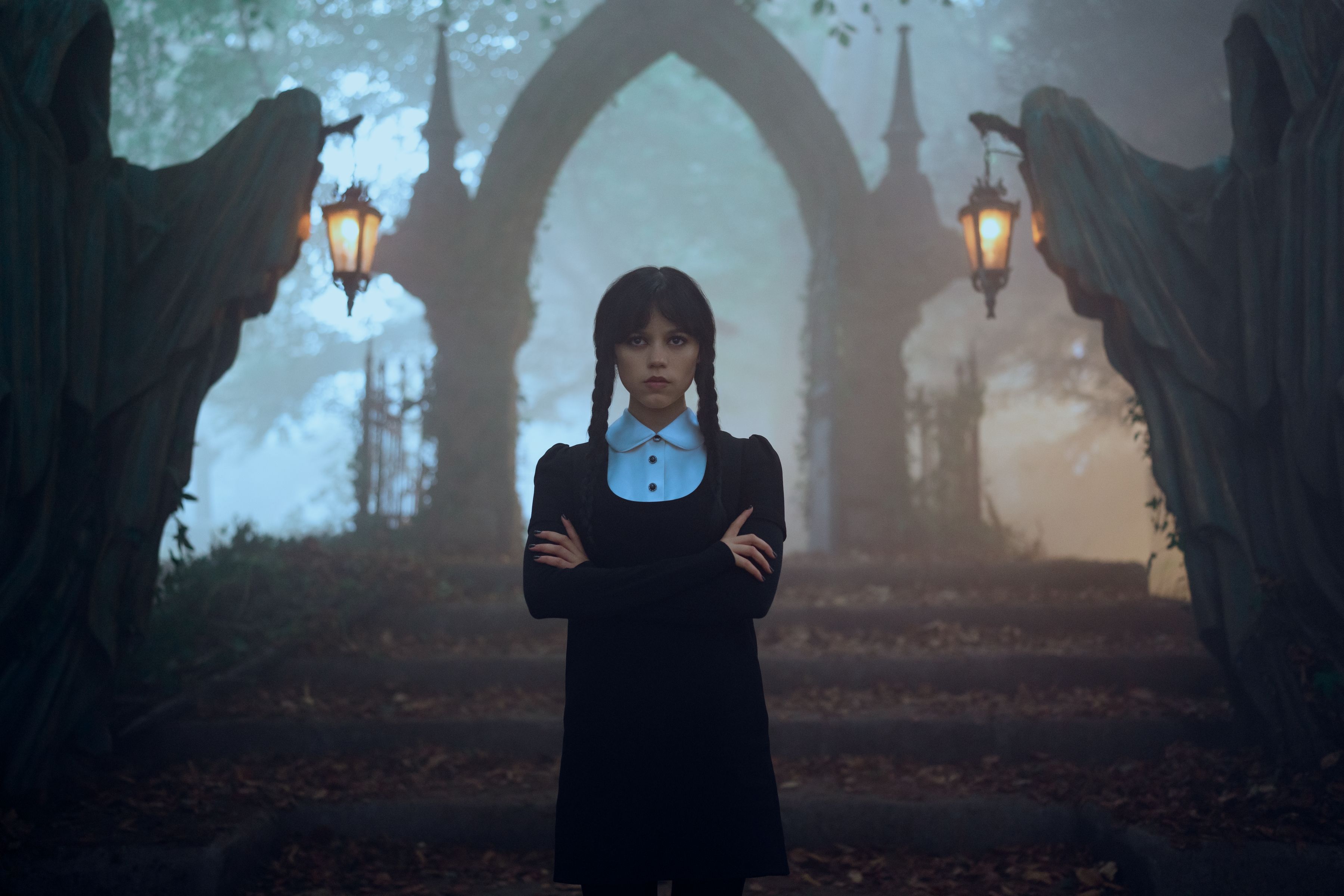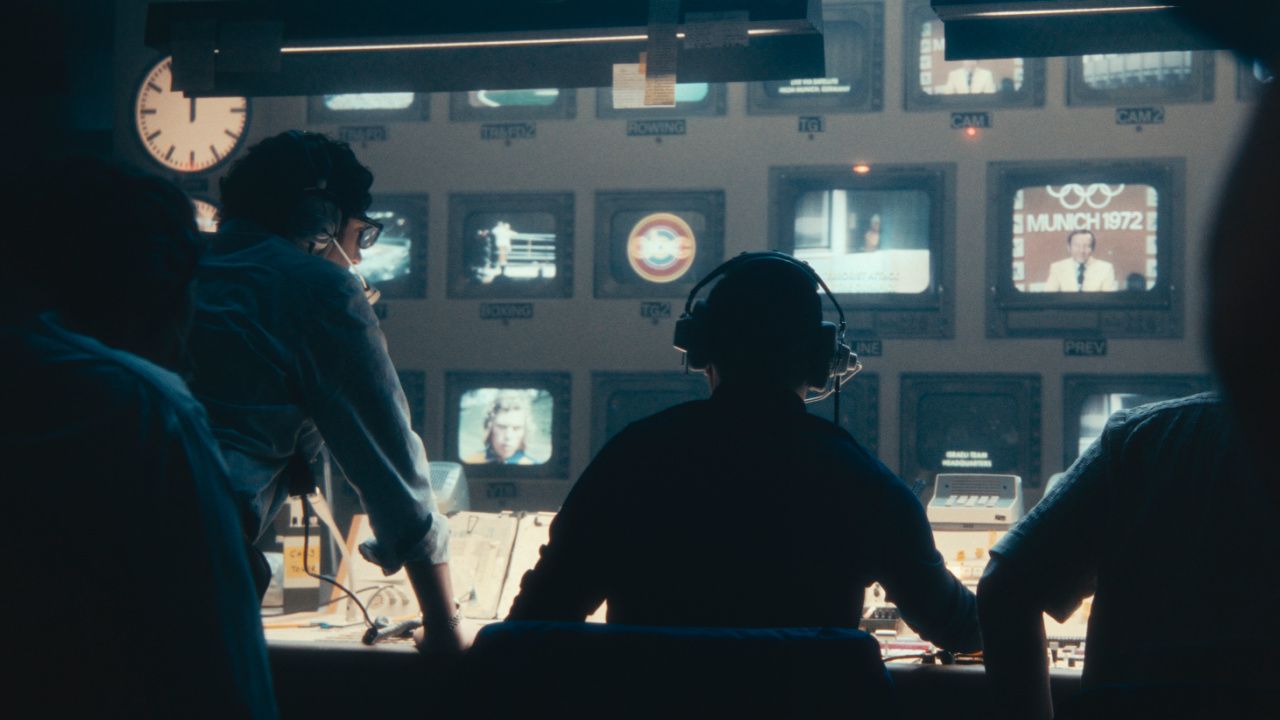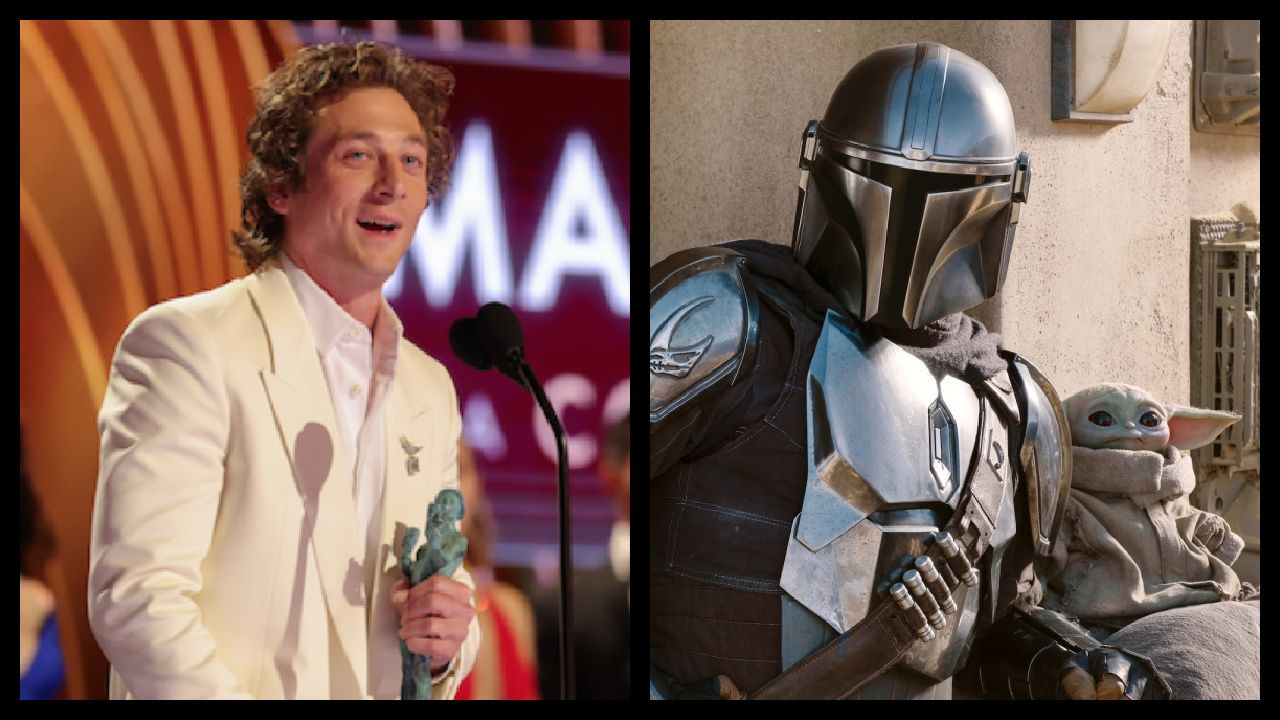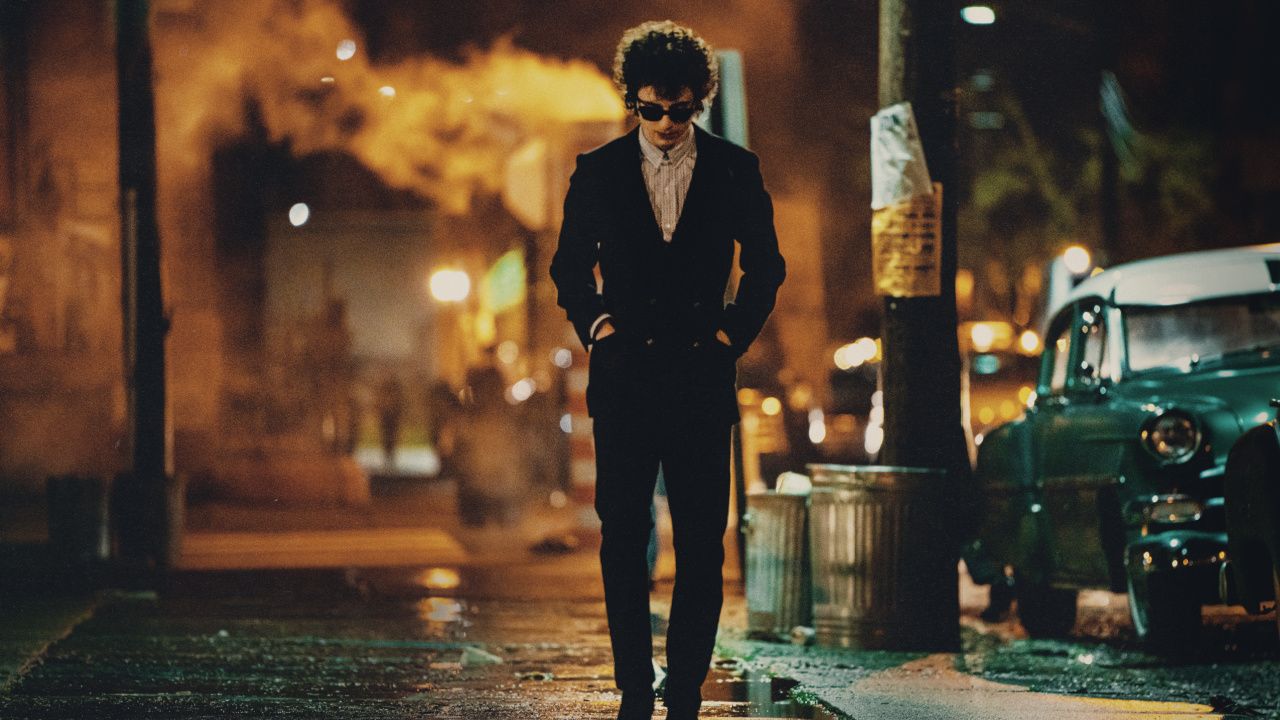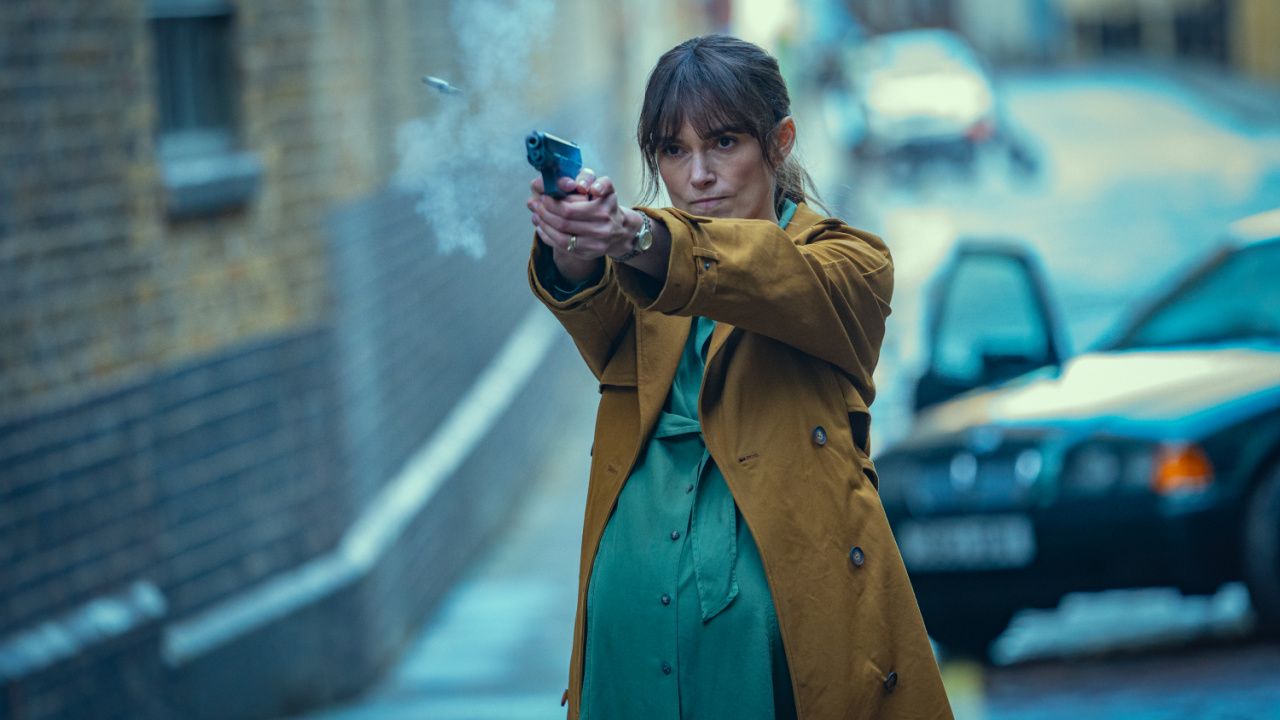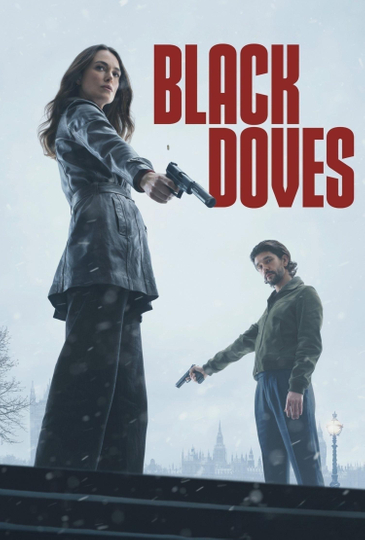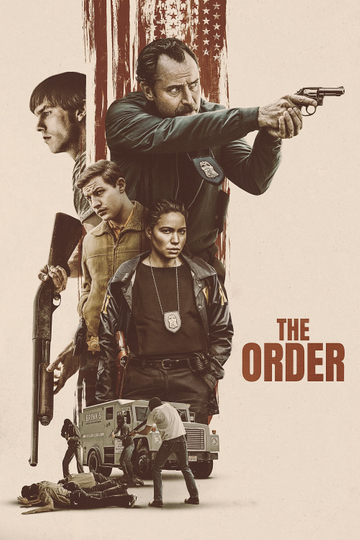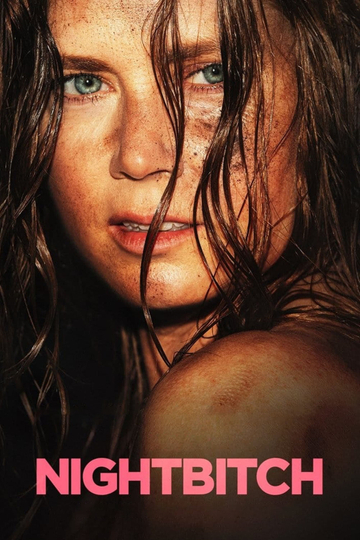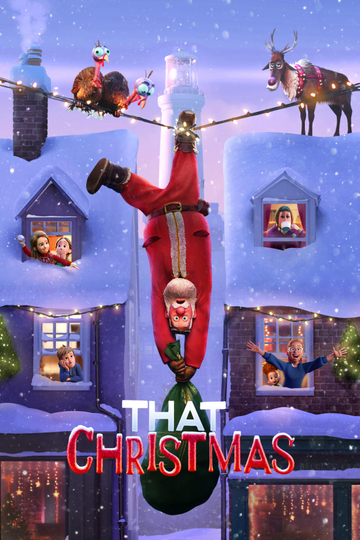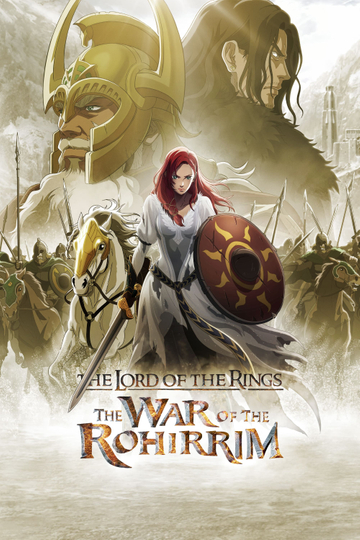15 Things You Never Knew About David Fincher's 'Zodiac'
Underappreciated when it came out a decade ago, "Zodiac" is now widely considered David Fincher's best film.
The 2007 drama, which chronicles the notorious San Francisco slayings of the late 1960s, is more than just another serial killer thriller from the director of "Seven" -- it's a meditation on the pursuit of truth, a quest that sometimes goes frustratingly unfulfilled. "Zodiac" also marked a career highlight for its trio of sleuths, played by Jake Gyllenhaal, Robert Downey Jr., and Mark Ruffalo, a cast that would be difficult to assemble today without a truckload of cash and some superhero costumes.
Even for longtime Fincher fans who've seen "Zodiac" multiple times, the film itself offers some still-ambiguous mysteries. Perhaps we can put some of them to rest in the items below.
1. Screenwriter Hogan's Heroes" star Bob Crane. He optioned the film rights to "Zodiac" and "Zodiac Unmasked," Graysmith's second book about the case.
2. Fincher took on the directing job because he had vivid childhood memories of the case, having grown up in the area. He says he remembers a police car trailing his school bus for a couple of weeks, and his father casually explaining later that the Zodiac had threatened to slaughter a busload of schoolchildren. He says he also remembers being "appalled" by watching "Dirty Harry" at age 12 and seeing the Zodiac case exploited as a plot device.
3. To be fair to the victims and suspects, Fincher insisted on bolstering Vanderbilt's screenplay with fresh interviews of the surviving persons of interest in the case. Fincher's investigators were so thorough that they found evidence that the detectives had missed, Graysmith told the New York Times. "He outdid the police," the author said of Fincher and his team. "My hat's off to them."
4. The resulting script must have been pretty accurate, especially regarding Graysmith's obsessiveness. When he read it, he said, "God, now I know why my wife divorced me."
5. Fincher's unlikely source of casting advice for this grim, gruesome tale was Jennifer Aniston. Asked to recommend some of the favorite leading men she'd worked with, the comic actress recommended Gyllenhaal (her "The Good Girl" co-star) and Ruffalo (who worked with her in "Rumor Has It"). Fincher approved of Gyllenhaal for the role of Graysmith, having liked him in "Donnie Darko."
6. The director persuaded a reluctant Ruffalo to sign on to play detective David Toschi by assuring him he was having Vanderbilt's screenplay rewritten to accommodate his more rigorous research. Downey completed the primary cast as crime reporter Paul Avery.
7. Initially, Fincher wanted Gary Oldman to play famed lawyer Melvin Belli. But despite burying him in latex to make him look more like the blustery attorney, Fincher felt Oldman still lacked the bulk the role required. (This was a decade before Oldman was finally bulky enough to play Winston Churchill in "Darkest Hour.") That's how Brian Cox wound up playing Belli instead.
8. For Philip Baker Hall, who played the handwriting expert, "Zodiac" was actually his second film about the case. In 2005, he'd co-starred as a fictional police chief in "The Zodiac," a low-budget, more loosely fictionalized drama about the unsolved murders.
9. Downey showed Fincher the four-straw trick and asked to perform it in a scene in the bar. But then, it took him 26 takes to get it right on film.
10. In real life, the bar where the reporters hung out wasn't Morti's, but the real tavern wouldn't let its name be used in "Zodiac" because it depicts cocaine use taking place there.
11. All the blood shown in the movie was digitally added in post-production. Fincher said that adding the blood in post saved money and time -- especially when it came to washing stains out of the costumes.
12. Fincher's notorious perfectionism and insistence on shooting dozens of takes wore his three stars down. Gyllenhaal said he found it ego-deflating to hear Fincher order ten digital takes at a time to be deleted with a keystroke. Downey said he felt at times like strangling the director and compared the shoot to a gulag.
Ruffalo said an actor has to be willing to submit to Fincher and be open to his process. "You can put your expectations aside and have an experience that's new and pushes and changes you," Ruffalo said, "or hold onto what you think it should be and have a stubborn, immovable journey that's filled with disappointment and anger."
13. Not that Fincher wasn't open to the occasional happy accident. That small burp by one of the victims was unintentional and unrehearsed, but Fincher thought it added to the scene's realism, so he kept it.
14. Despite Fincher's painstaking attention to detail, "Zodiac" came in on time and under budget, costing a reported $65 million. It earned $85 million in theaters worldwide, including $33 million in North America.
15. Of course, the movie couldn't bring closure to the still-unsolved case, but that meant many viewers felt the film ended without resolution. Fincher's response: "The people who say there's no conclusion to the movie aren't watching the same movie necessarily."
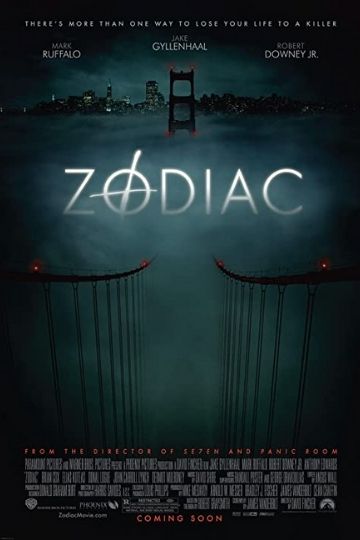
Zodiac












